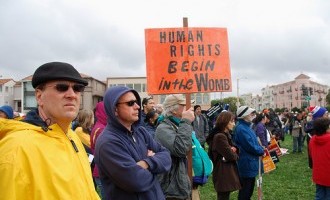“The only thing we have to fear is fear itself,” said incoming President Franklin Delano Roosevelt, as he pledged in March 1933 to lead the U.S. federal government in “action—and action now” to meet crises of global upheaval and economic collapse. Subsequent New Deal reforms have been lionized by analysts. But what were the pervasive fears to which Roosevelt pointed, the fears that shaped and informed transformations in U.S. policy and politics in the mid-twentieth century?
Just before his death in 2007, Arthur Schlesinger, Jr., noted that his magisterial Age of Roosevelt had been “conditioned by the passions of my era” and observed that “when new urgencies arise in our own times and lives, the historian’s spotlight shifts, probing …into the shadows, throwing into sharp relief things that were always there but that earlier historians had carelessly excised from collective memory.” Taking this insight to heart, my new book Fear Itself reexamines the New Deal from a perspective informed by the urgencies of the early twenty-first century—with its economic volatility, global religious zealotry, and military insecurity. more...


 Research to Improve Policy: The Scholars Strategy Network seeks to improve public policy and strengthen democracy by organizing scholars working in America's colleges and universities. SSN's founding director is Theda Skocpol, Victor S. Thomas Professor of Government and Sociology at Harvard University.
Research to Improve Policy: The Scholars Strategy Network seeks to improve public policy and strengthen democracy by organizing scholars working in America's colleges and universities. SSN's founding director is Theda Skocpol, Victor S. Thomas Professor of Government and Sociology at Harvard University.